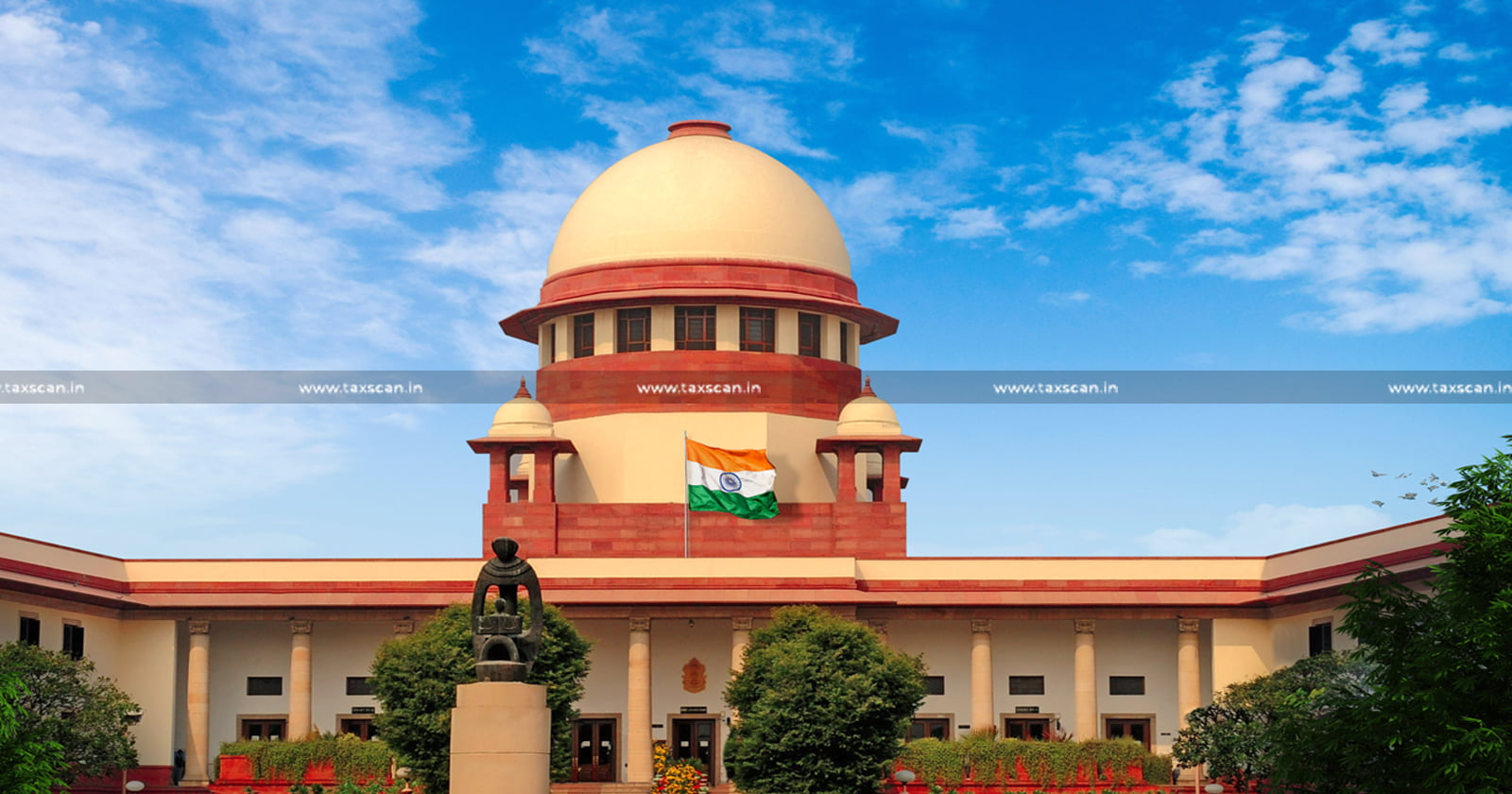Delayed Trial & Prolonged Custody of Accused of PMLA Offence: Supreme Court Grants Bail [Read Judgment]
Since the accused had not been subjected to prolonged incarceration and the trial was progressing without undue delay, the Court held that the principles established in Senthil Balaji and K.A. Najeeb were not relevant to that case

Supreme Court – Supreme Court Grants Bail – PMLA – Taxscan
Supreme Court – Supreme Court Grants Bail – PMLA – Taxscan
The Supreme Court granted bail to the accused of the offence under the Prevention of Money Laundering Act, 2002 (PMLA), citing prolonged incarceration and the likelihood of delay in the completion of the trial.
The appellant, Udhaw Singh has been arrested for the offence under Section 3 of the Prevention of Money Laundering Act, 2002 ( "the PMLA"). The appellant has undergone incarceration for a period of 1 year and 2 months. There are 225 witnesses cited, out of which only 1 has been examined. Therefore, the trial is not likely to be concluded within few years.
It was submitted that the case of V.Senthil Balaji v. Deputy Director, Directorate of Enforcement , ruled that “ Under the Statutes like PMLA, the minimum sentence is three years, and the maximum is seven years. The minimum sentence is higher when the scheduled offence is under the NDPS Act. When the trial of the complaint under PMLA is likely to prolong beyond reasonable limits, the Constitutional Courts will have to consider exercising their powers to grant bail. The reason is that Section 45(1)(ii) does not confer power on the State to detain an accused for an unreasonably long time, especially when there is no possibility of trial concluding within a reasonable time.”
Small Business, Big Funding Opportunities - Click here to Register
“ What a reasonable time is will depend on the provisions under which the accused is being tried and other factors. One of the most relevant factor is the duration of the minimum and maximum sentence for the offence. Another important consideration is the higher threshold or stringent conditions which a statute provides for the grant of bail. Even an outer limit provided by the relevant law for the completion of the trial, if any, is also a factor to be considered.
The two judge bench of Justice Abhay S.Oka and Justice Ujjal Bhuyan granted the bail and the Court explained why the precedents set in V. Senthil Balaji and K.A. Najeeb were not applied there. Since the accused had not been subjected to prolonged incarceration and the trial was progressing without undue delay, the Court held that the principles established in Senthil Balaji and K.A. Najeeb were not relevant to that case.
“The respondent-accused therein was arrested on 18th September, 2023 and the High Court granted him bail on 6th May, 2024. He was in custody for less than 7 months before he was granted bail. There was no fining recorded that the trial is not likely to be concluded in a reasonable time. In the facts of the case, this Court cancelled the bail granted by the High Court. Therefore, there was no departure made from the law laid down in the case of Union of India v. K.A.Najeeb and V.Senthil Balaji.”, the court observed.
To Read the full text of the Order CLICK HERE
Support our journalism by subscribing to Taxscan premium. Follow us on Telegram for quick updates


